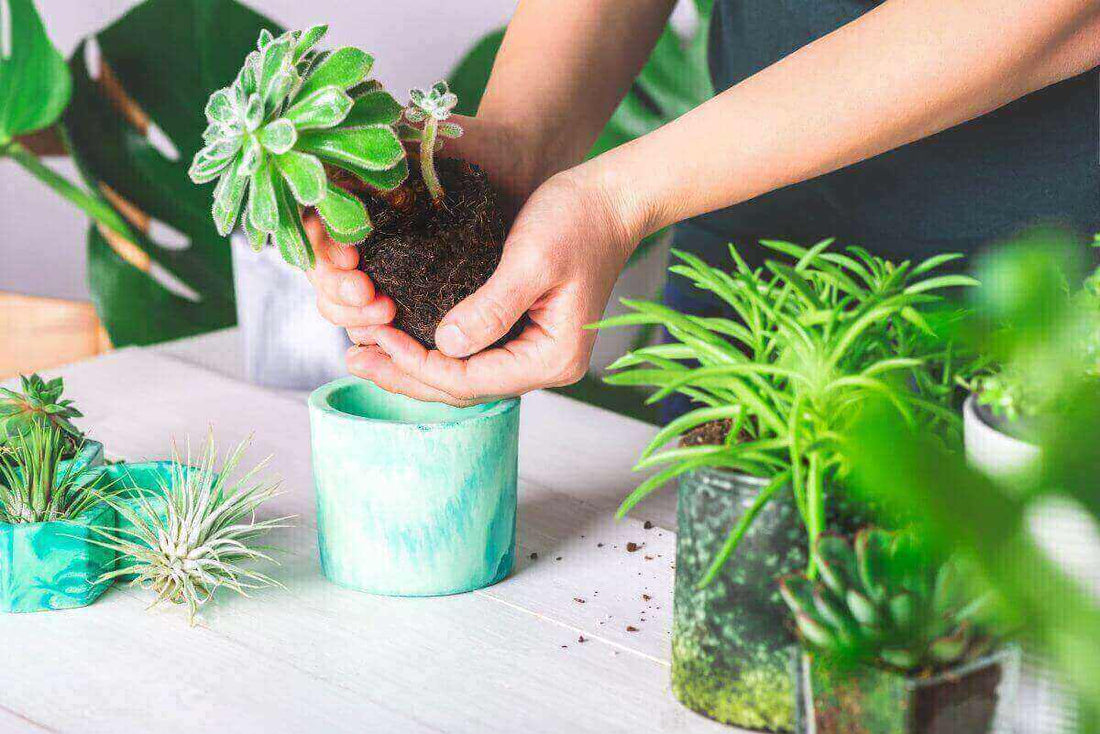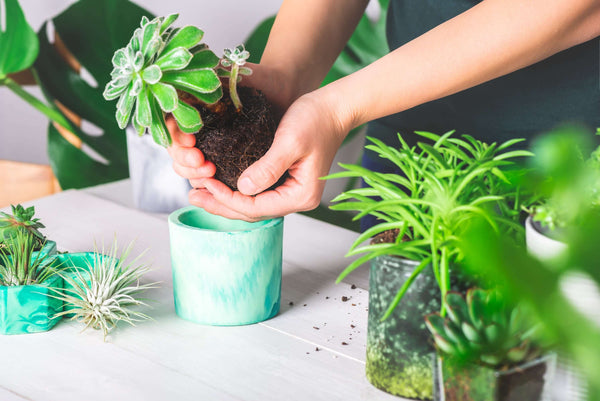
Advantages & Disadvantages of Using Ceramic Planter Pots

Since the wave of the pandemic has swept across the world (well, a few times already), more and more people are trying out new hobbies while staying at home. Some have decided to start working out, while others try to pursue creative passions. Some even start taking on a journey of self-discovery, which is great for the body and mind! One very popular hobby that came out of the lockdown was keeping indoor houseplants. So popular that many who started seem to be going stronger on the hobby today.
We grow very attached to our leafy friends, and even some celebrities, like Oprah, Mark Ruffalo, and Reese Witherspoon are flourishing as plant parents. And among many questions that arise throughout our green journey, a very common one is what could be the best choice of pots for the well-being of our plants? The right answer for us is ceramic planter pots. Though they do come with some advantages and disadvantages, here are a few to take note of if and when you decide to switch to ceramics.
Before that, learn about the history of raku pottery here.
ADVANTAGES
- Porous Pots - In choosing any pot, we need to always ensure that, not only is the pot nice to look at but it also provides benefits to your plants and is durable enough to last a long time. This is where ceramic pots take the lead because they are made of a porous material, helping your plants with good airflow and water absorption.
- Root Revitalizer - The porous nature of ceramic pots allows airflow to permeate into the soil of the plant. When air makes contact with the soil, the roots of our fine flora get stimulated, which results in more root growth.
- Moisture Mitigation - Lastly, ceramic pots are exceptional at pulling the moisture out of the soil, called wicking. Soil that is too wet can cause rotting in the roots of your plants, which may be fatal for them! Porous materials like ceramic have the ability to absorb any excess moisture and lower the chances of overly wet soil.
DISADVANTAGES
- Drainage Drawbacks - Most ceramic pots tend to have fewer drainage holes, which may cause some problems with water flow and over-absorption. Some plant parents might have to drill more holes or be careful of how much water is added. Well, our Planter Pots already come prepared with three holes on the bottom to help with that problem!
- Risky Restrictions - Since ceramic pots absorb water, it can be a double-edged sword. They take more work compared to plastic pots and usually require you to water them more often. It can be dangerous for plants that require a lot of water if you forget to water them. Some ceramic pots also often come glazed which can restrict air and water flow, so look out for that when selecting a ceramic pot for your plant.
We hope that this helps you and your plant babies.
Did you know that I have 6 finishes for my raku pots and vases? Here is a quick guide on the 6 raku pottery vase finishes.
If you would like to see my most popular raku piece? Check it out here.
